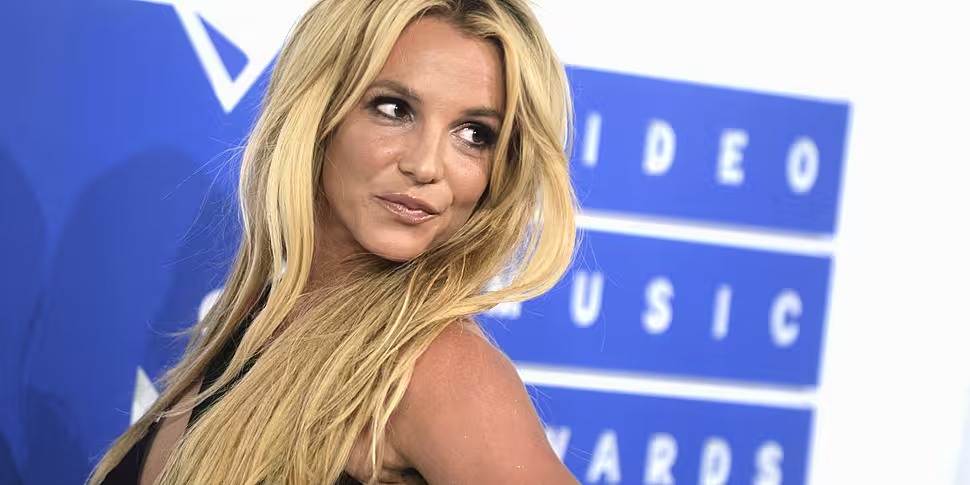The 'Framing Britney Spears' documentary has opened a wider conversation about the media, pop culture and women, according to an Irish journalist.
Louise Bruton believes it will lead to reflection about how much we demand of celebrities.
The New York Times documentary documents Britney Spears' life over the past 13 or 14 years.
In 2007, the singer had a public breakdown and has since been in a conservatorship with her father, Jamie, who has responsibility for many parts of her life, including her finances.
As a result, she is not permitted to sign contracts, despite subsequent work commitments, including being a judge on X-Factor and a residency in Las Vegas.
The documentary comes amid a recent court case as part of Spears' efforts to remove her father from the guardianship.
Speaking to Newstalk Breakfast with Susan Keogh, Ms Bruton said: "What the documentary goes through is that, if she was so unwell, she should not have been doing any of this stuff at all.
"So it brings up the question of, what is the gain of Jamie Spears of having full control of her finances, other than the obvious to earn some money himself, but also how did Britney Spears get into this position where all control was removed from her.
"Britney Spears is glaringly absent from this documentary, she has very rarely addressed what is known as the Free Britney movement."
The 'Free Britney' online campaign began in 2019 when she was due to start another Las Vegas residency but this was abruptly cancelled due to what Spears said was the ill health of her father.
Ms Bruton explained: "Her fans who are not taking on the role of activists believe she has been sending out secret messages through her Instagram responding to the ongoing court cases and responding to the ongoing media speculation where they will leave messages saying, 'Wear red if you're in trouble' or, 'If you wear yellow, let us know if you need some help'.
"There has long been the belief that Britney is trying to get out of this situation but doesn't have the full freedom to say what she actually wants to do with her life."
In response to criticism of how he treated Spears when they were in a relationship, singer Justin Timberlake issued an apology yesterday.
He said he was "deeply sorry" and wanted to "take accountability" for his actions, after clips in the documentary showed him discussing his sexual relationship with Spears.
Ms Bruton believes the documentary has broadened the discussion beyond Britney Spears specifically to how female celebrities are treated.
"I think that's what the does quite well, in that other than Britney Spears and the legal conservatorship, there is a wider conversation that needs to be had around the way that people in the public limelight are treated, specifically women who are living in extreme cases of misogyny," she said.
"I think the biggest point in the documentary is when Britney Spears is a teenager and she has male interviewers asking about her breast size, she had a roundtable with international press asking if she was a virgin.
"It's just there's so much projection of goodness and evil being put on Britney Spears when she's a teenager."
The New York Times and Left/Right Productions documentary aired in the US on February 5th on FX and FX Hulu and has not yet been given a European air date.
However, Ms Bruton expects it will be widely released following the huge reaction it received so far in the US.









